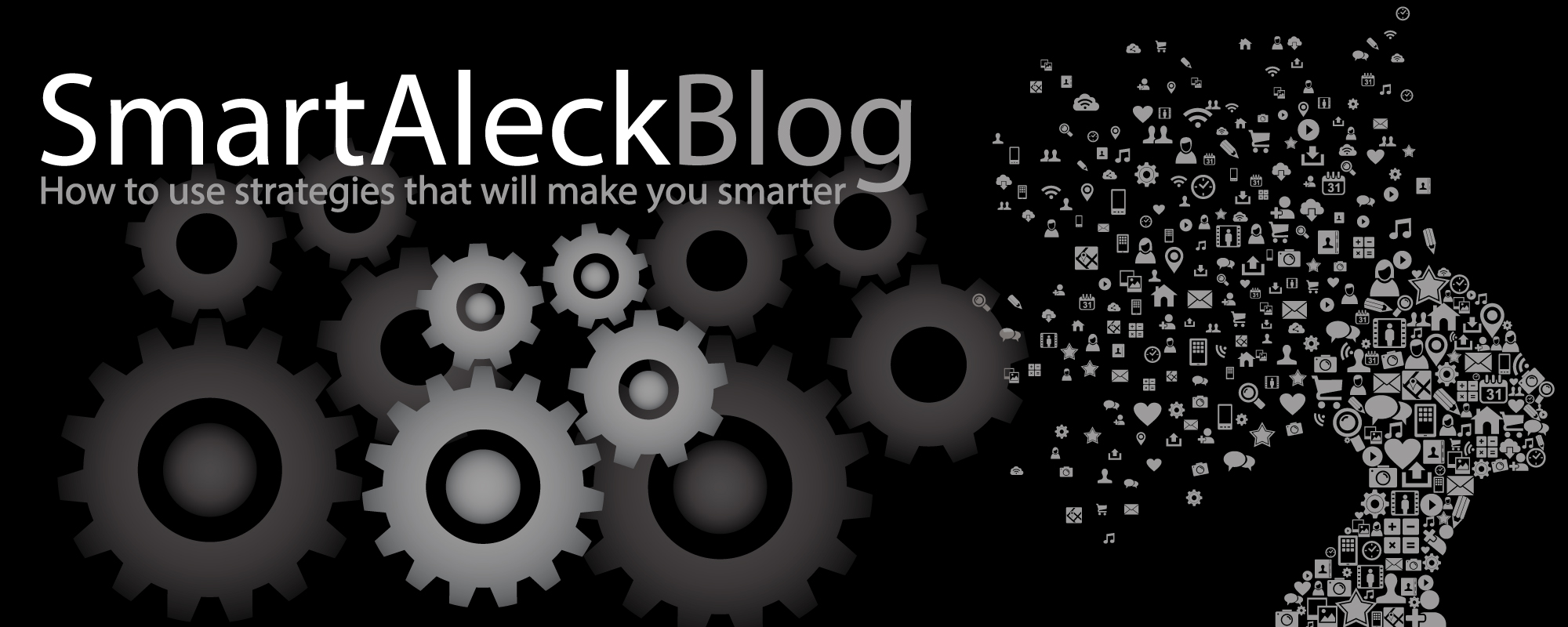Self-evaluation refers to measuring goal progress by comparing one’s current level of performance to a desired goal state. Self –evaluation is important because it helps you improve your performance. Self-evaluation certainly implies that one is self-monitoring their performance. Self-monitoring could be as simple as keeping mental notes on performance but should involve keeping a written record of performances.

Goals and feedback on performance are also required for self-evaluation. They can be internal or external factors. This means that both personal and social matters are relevant to self-evaluation. One example could be the goal of losing five pounds and feedback would pertain to self-measurements of weight. A similar scenario would concern a supervisor’s assigned goal to exceed weekly sales quota and feedback comes from a company sales reports.
Individuals assess whether they have successfully fulfilled their expectations as part of self-evaluation. This results in changes in effort, perceptions of performance, and goal commitment. Negative feelings often present if progress is slower than expected towards goals. Low performers react negatively to this type of self-evaluation. They are unlikely to try to improve their performance because they attribute their errors to internal, stable factors, such as low ability. They also attribute their performance to circumstances that they cannot change. It is not surprising that a person may change their goals due to negative self-evaluation.
Did you know self-evaluation is a precursor to high performance?
People who achieve high performance continue to pursue their goals following negative self-evaluation. They tend to attribute their failure to low effort and poor use of learning strategies. If progress is not sufficient, one may increase effort or change strategies to increase the likelihood of goal attainment and improving performance. High performers focus their attention on circumstances they can change. High performers are persistent.
Self-evaluations have both indirect and direct consequences. They have important implications for how we feel about ourselves and how we respond to challenges. Self-evaluation influences whether we pursue our goals. In the end, our self-evaluations will be negative at some point in our life; you must be persistent, increase your effort and try new strategies for great performance.

